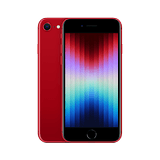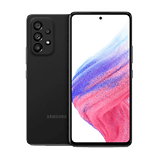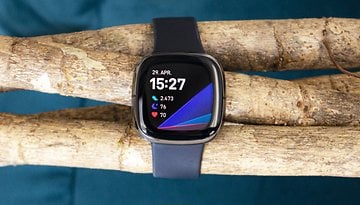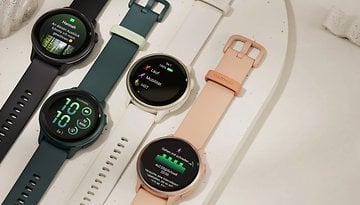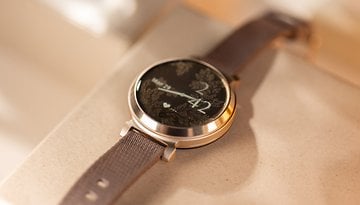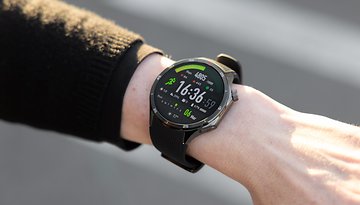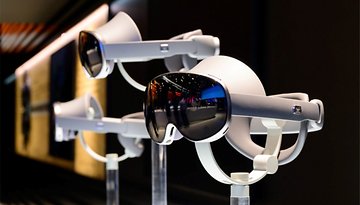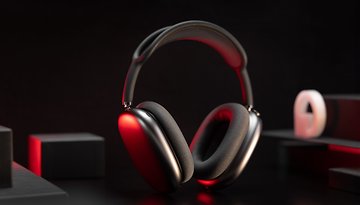Smart Glasses Face-Off: Samsung Could Unveil Rival to Ray-Ban Meta
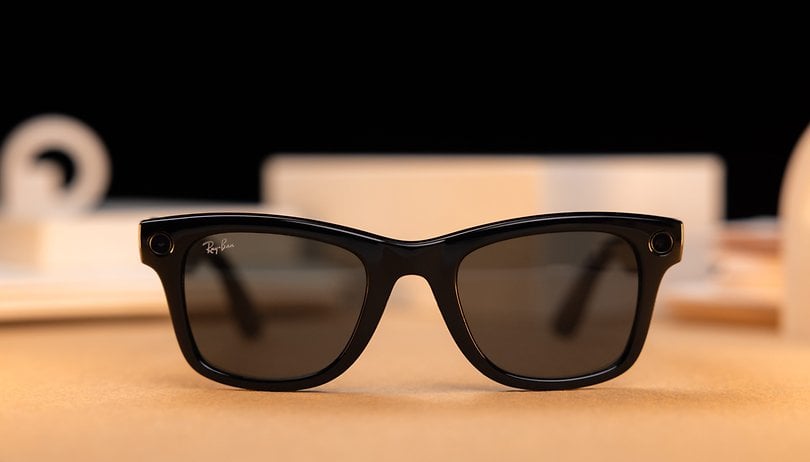

Read in other languages:
Meta's Ray-Ban Smart Glasses have carved out a notable niche in the smart glasses segment. However, the competition is heating up as more brands are expected to introduce their alternatives. Samsung appears to be the first major competitor to take on Meta with its rumored AI-powered Galaxy smart glasses, anticipated to launch in 2025.
Earlier reports suggested Samsung was developing a mixed-reality or augmented-reality headset to rival the Apple Vision Pro. However, recent developments indicate the company may have shifted its priorities. Instead, Samsung seems to be focusing on launching smart glasses akin to Meta’s Ray-Ban (review) collaboration.
Samsung Galaxy Smart Glasses Features: Display, Chipset, and Camera
Over the weekend, a report from Wellsen XR Research in China (via Jukanlosreve) revealed key specifications and details about Samsung’s upcoming wearable. According to the report, the Galaxy smart glasses are set to be unveiled in the third quarter of 2025. Initially, production will be limited to 500,000 units, allowing Samsung to assess market demand before ramping up manufacturing.
Unlike Google Glass, Samsung’s smart glasses reportedly won’t feature a display. Instead, they will resemble Meta's Ray-Ban Smart Glasses in design and functionality.
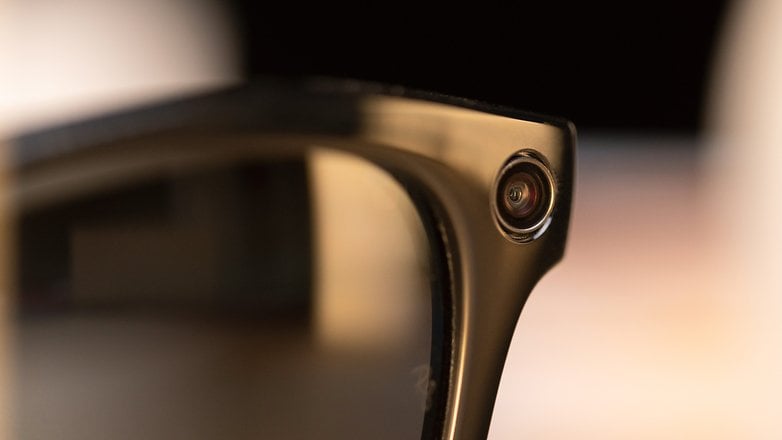
These similarities extend to the technical specifications as well. The Galaxy smart glasses will reportedly be powered by a Qualcomm AR1 chip. While the exact version remains unclear, the current Snapdragon AR1 Gen 1 used in Meta’s glasses is a likely candidate, though Samsung could opt for a newer version. This chip includes dual ISP (Image Signal Processing) units, supports binocular displays and enables high-quality video and image capture.
Additionally, the glasses will feature on-device AI, developed in partnership with Google, leveraging a new Gemini model designed for head-mounted wearables.
Samsung’s smart glasses are said to include a Sony IMX681 12MP camera and a 155 mAh battery, which mirrors the setup in Meta's glasses. Despite this, Samsung’s device will remain lightweight, tipping the scales at just 50 grams, comparable to its competitor.
How much Samsung's Galaxy smart glasses would cost
Pricing for Samsung's Galaxy glasses remains a mystery. However, it’s possible that Samsung will strategically position the product to compete directly with Meta's offering.
As for Samsung’s standalone virtual or mixed-reality headset, it remains in the company’s roadmap. However, the timeline for its release is unclear, as Samsung seems to prioritize entering the smart glasses market first.
Should Samsung focus on smart glasses before launching a mixed-reality headset? Share your thoughts in the comments below—we’d love to hear from you!
Via: 9to5Google Source: Jukanlosreve on X, Mael Business Newspaper KR

